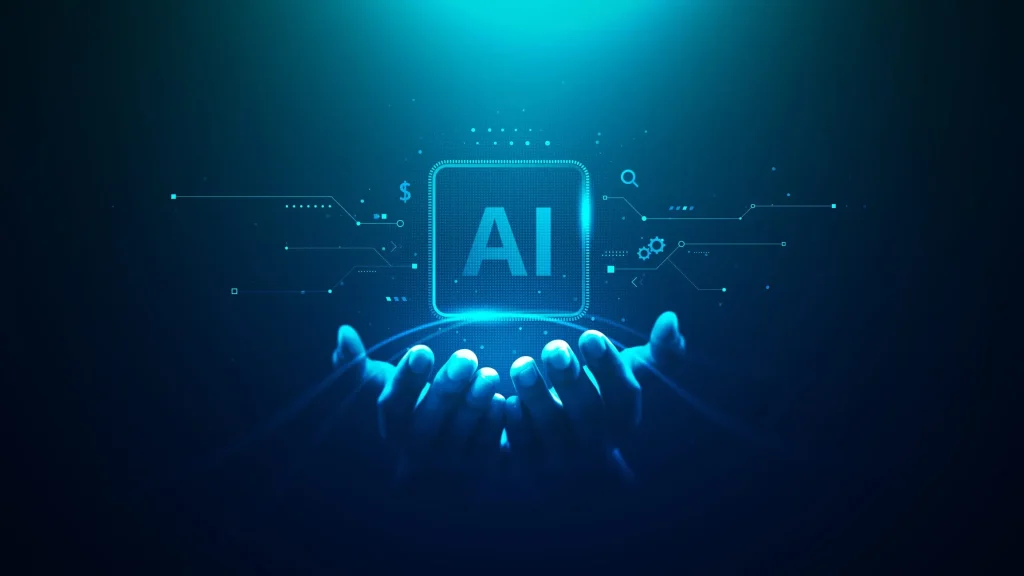Microsoft predicts that artificial intelligence (AI) could create nearly 230 million new jobs in Africa by 2030.
The tech giant compares the workforce transformation AI could bring to Africa to South Korea’s rapid industrialization and India’s information technology (IT) boom. According to Microsoft, if factors such as infrastructure, policy, skills, industry collaboration, and inclusivity are properly managed, Africa could take a leading role in the global digital transformation.
Coordination Gaps Slow Progress
According to Microsoft’s report, despite ambitious AI goals set by governments, donors, and companies across Africa, progress remains “uneven and fragmented.” The company emphasizes that realizing this potential requires more than isolated programs—it demands a coordinated and inclusive approach.
“The challenge is not just scale, but also coordination. Fragmented efforts and a lack of a unified strategy continue to slow momentum and dilute impact.”
— Microsoft
Microsoft also highlighted that, “To fully realize AI’s job creation potential, Africa must establish a coordinated and inclusive skills ecosystem where governments, education systems, industry, and civil society work together.”
To achieve this, the continent needs infrastructure and tools that support AI systems, including large language models (LLMs) designed for Africa’s linguistic, cultural, and socio-economic contexts.
Microsoft also notes that government leadership, industry participation, inclusive education, and access to informal sectors are critical components of this transformation.
Africa Could Learn from the Kenyan Model
Microsoft cites Kenya’s Regional Centre of Competence for Digital and AI Skilling as an example of government leadership to emulate. Through structured bootcamps and online modules, thousands of civil servants have been trained in AI and cybersecurity.
“Growing interest from countries like Uganda and Nigeria highlights its potential as a replicable model for inclusive and innovative AI ecosystems,” said Microsoft.
As previously reported, Nigeria is already experiencing an AI boom with billion-dollar data center investments. Global tech giants are investing up to $1 billion to support AI-driven growth.
Industry participation is also key: empowering over 44 million micro, small, and medium enterprises (MSMEs) across Sub-Saharan Africa to adopt AI and create new roles can multiply the impact. Integrating technology into both formal and informal sectors is essential to fully realize its potential.
In Kenya, collaboration with the Kenya Private Sector Alliance (KEPSA) has proven how industry-led initiatives can accelerate AI skilling. KEPSA has trained over 70,000 organizational leaders, professionals, and SME owners in AI and cybersecurity, helping to drive change from top to bottom.
Inclusive Education and Digital Infrastructure
Microsoft stresses that inclusive access is critical to achieve meaningful results. The continent must strengthen digital infrastructure, develop Africa-appropriate LLMs, redesign curricula, train educators, and integrate AI across education systems.
“To truly embed AI in education, a more integrated and forward-looking approach is needed: curriculum redesign that incorporates AI concepts across subjects, continuous professional development for educators, robust infrastructure and tools, and localized skills programs reflecting Africa’s diverse contexts and languages,” Microsoft stated.
This approach aims to position Africa not only as a consumer but also as a producer in the global digital economy.



